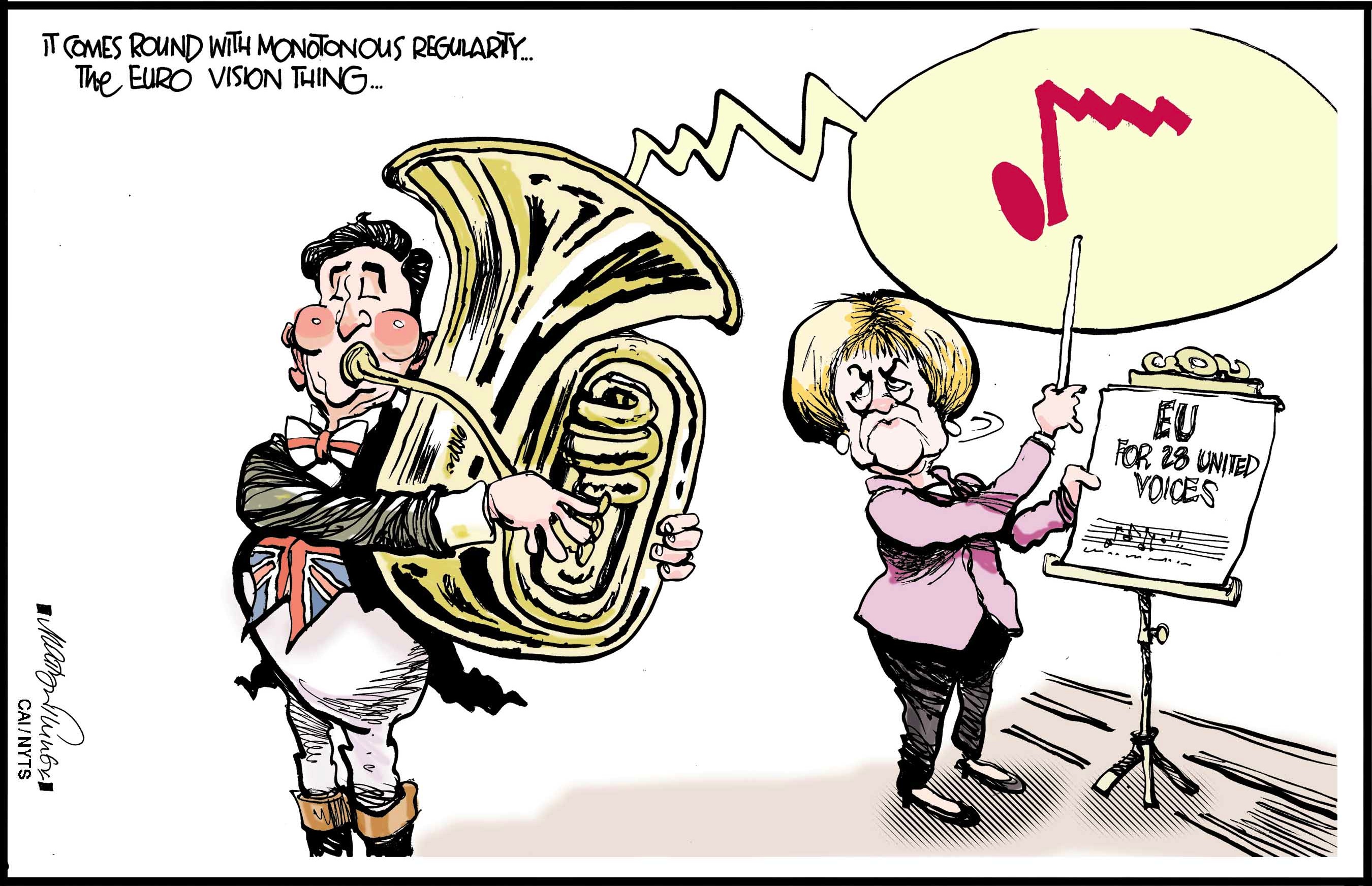The Conservative Party (Tories) has a small majority in the House of Commons as a result of the May 7 general election. Their victory does not mean that the majority of the electorate supports the Tories, whose leaders are seen by many as coming from a privileged elite. In fact, only 36.5 percent of the electorate voted for the Tories, but under the British first past the post system this gave them a majority of seats in parliament. The Labour Party opposition failed to present coherent alternative economic policies under a convincing leader.
The Tories did not expect to win a majority and in the hope of attracting voters on the right and the left announced in the course of the campaign a series of promises, which they must now try to fulfill. Some of these promises, e.g., on taxes, tie their hands and complicate management of the economy, which has been doing better than that of most other European countries, but much work involving difficult choices needs to be done to improve productivity and infrastructure.
To satisfy his right-wing Euroskeptics and to dissuade voters from swinging to the UK Independence Party (UKIP), Prime Minister David Cameron promised a referendum by 2017 on British membership of the European Union after he has negotiated changes to EU rules. He has begun his campaign for "reform" by a tour of European capitals.


















With your current subscription plan you can comment on stories. However, before writing your first comment, please create a display name in the Profile section of your subscriber account page.